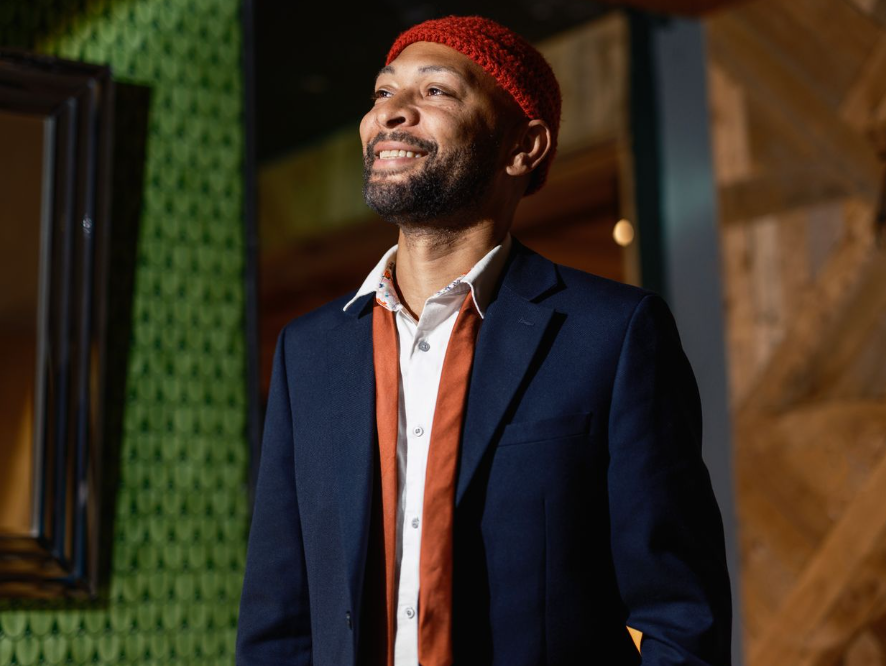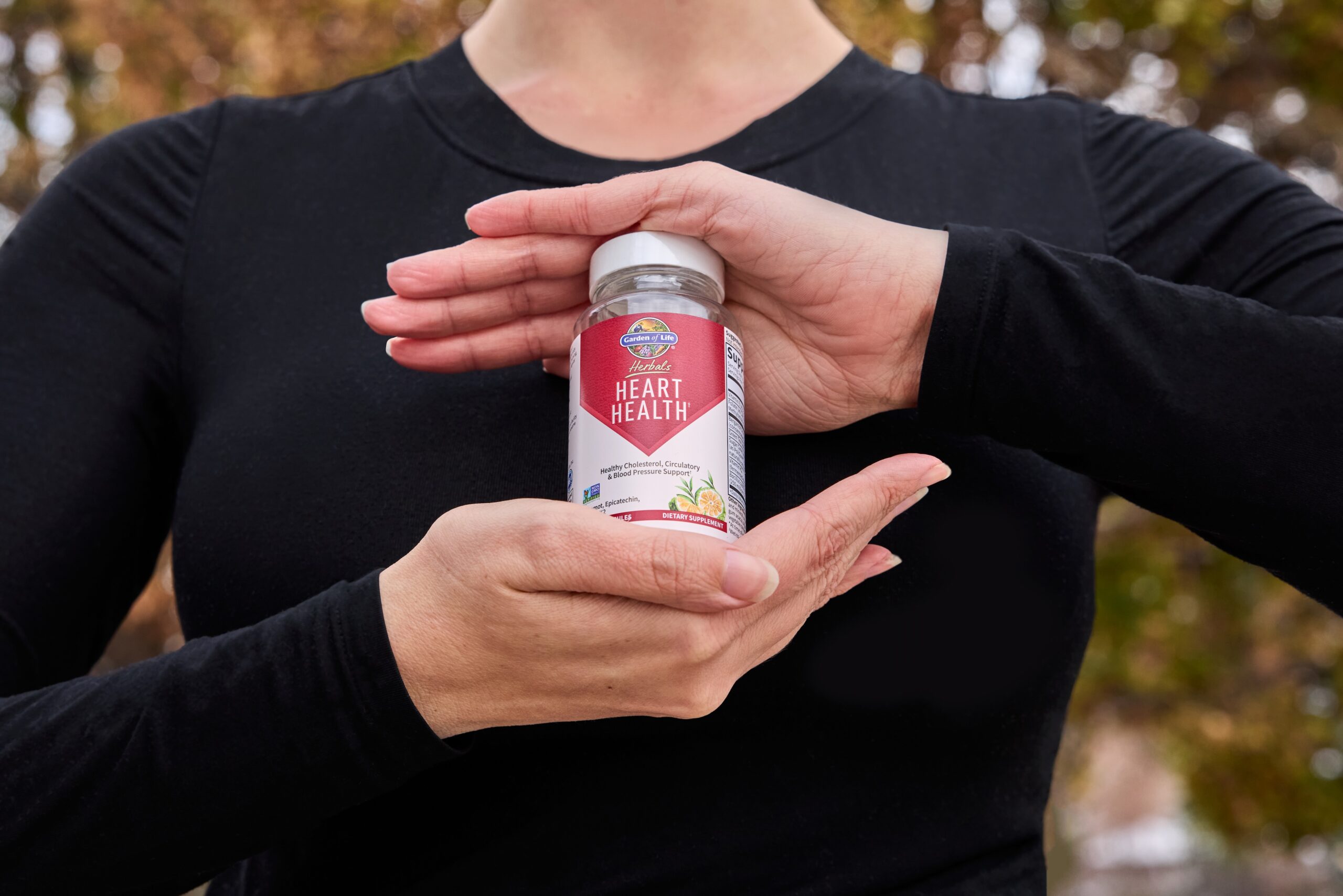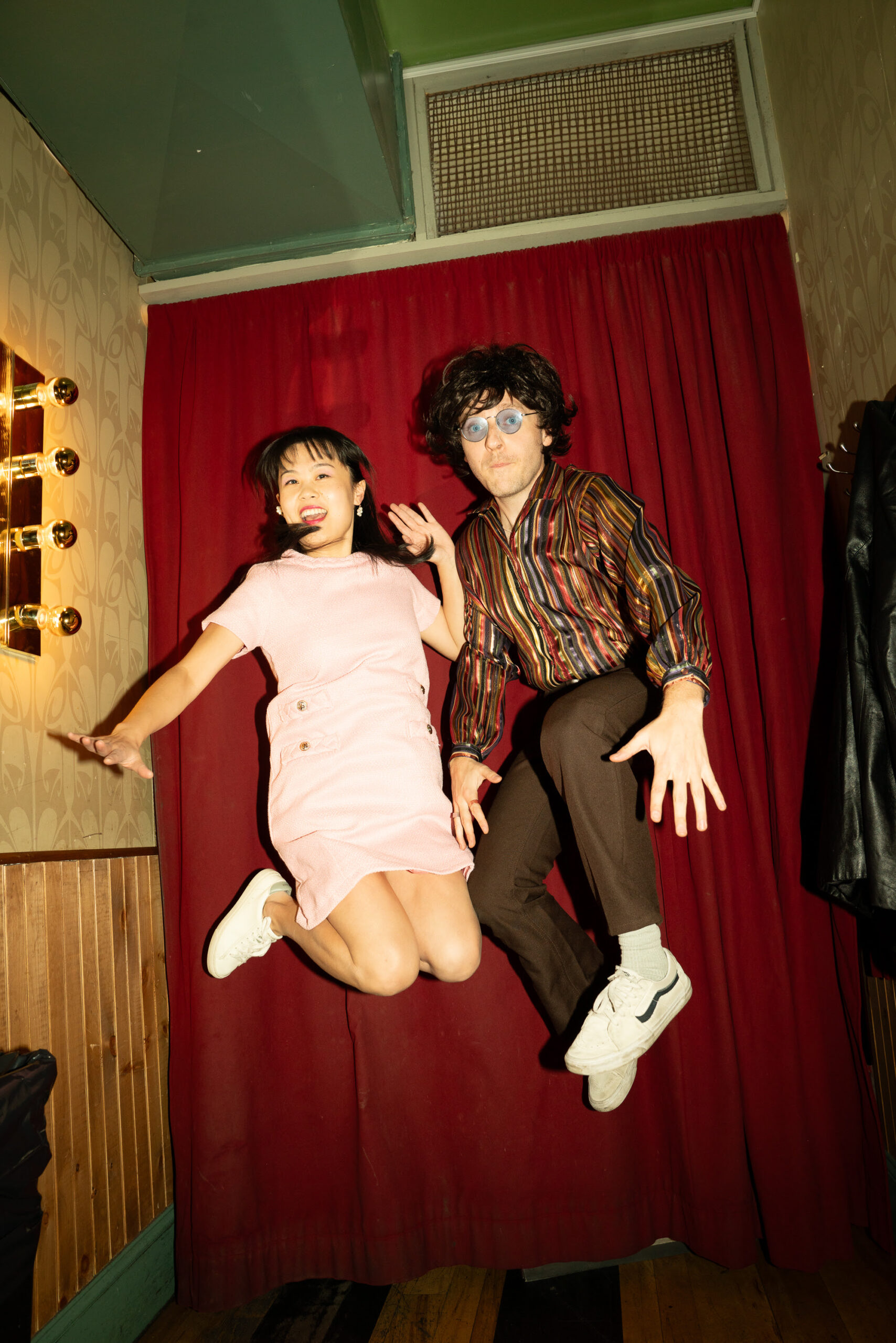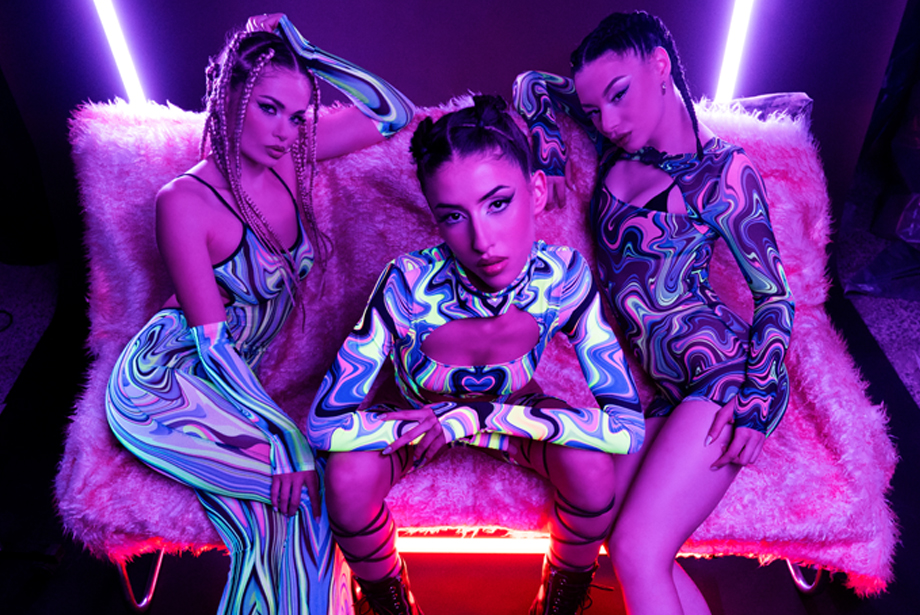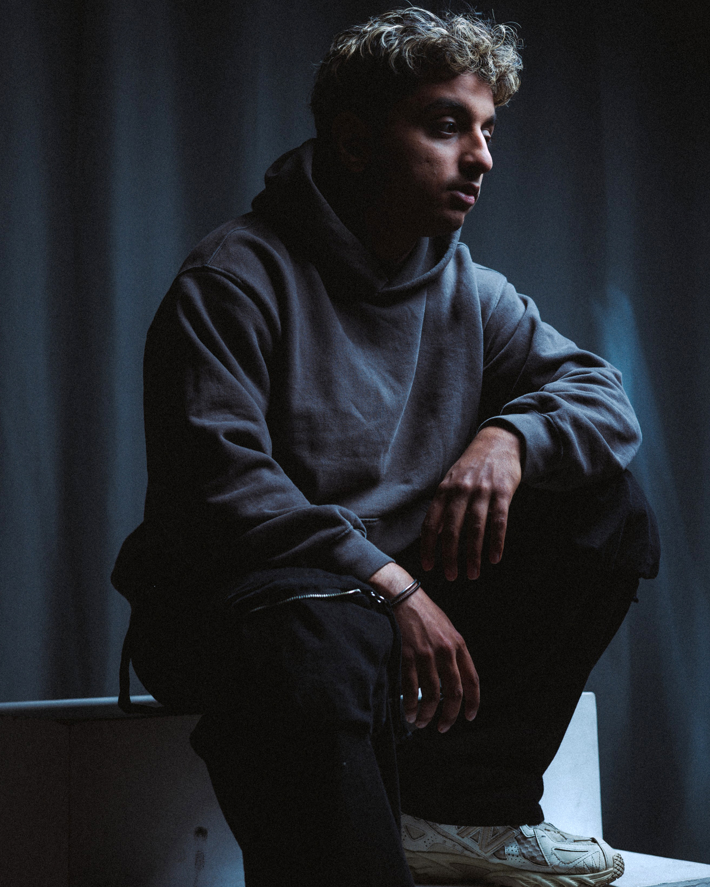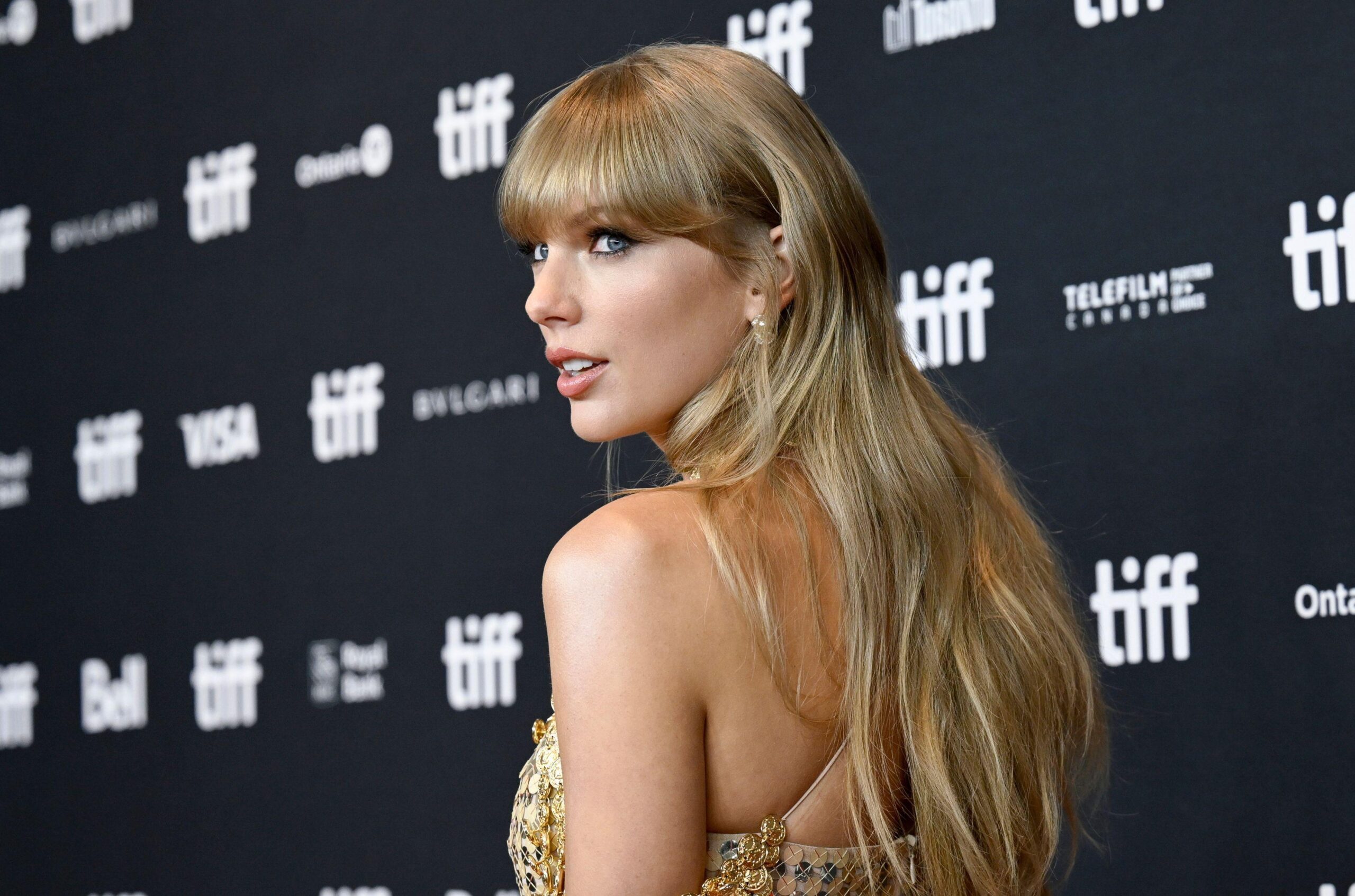
Taylor Swift at the Toronto International Film Festival
By Evan Agostini (Shutterstock)
Thomas Jefferson, Abraham Lincoln, Rosa Parks, Taylor Swift.
One of these things is not like the others. In this case, we’re not talking about the fact that one of these people enslaved hundreds — including several of his own children — or the fact that one of those women was a descendant of enslaved Black Americans. We’re talking about the pop star.
While you might expect to see the other three names on an AP exam in US government and politics, you probably wouldn’t expect to encounter the “Shake it Off” singer in that context. It turns out that you would be wrong. Because in May of 2021 Taylor Swift was the topic of a “free response” question on said exam.
AP exams are the culmination of Advanced Placement courses that qualify high school students for college credit or fulfill prerequisites for higher level courses in Universities around the world. Administered by the College Board, they represent the culmination of year-long courses in which high school seniors study college-level material on a variety of topics from computer science to studio art to English literature.
They’re meant to give ambitious students a chance to prove themselves capable of engaging with topics on a higher level than typical high school courses. So why does that include any discussion of Taylor Swift? Well, according to one AP spokesperson who spoke with CNN, “We’re delighted to hear that AP students could relate what they’ve learned in their AP course to what they experience in their daily lives — and in this case, what they’ve read on their Instagram feeds.”
To be clear, it wasn’t a question about Taylor Swfit’s musical shift away from country aesthetics, or about which Jonas brother she used to date. The question focused on Swift’s 2018 Instagram post about voter registration in the lead-up to the mid-terms — which marked a decided shift in her approach to politics, and was credited with a significant spike in young voter registrations.
Students were asked to consider questions around campaigns to promote voter turnout and the phenomenon of celebrities publicly engaging in the political process. It’s a topic that — for young students who are already interested in Taylor Swift — could potentially draw them into a broader engagement with politics.
That’s certainly the angle that the College Board and CNN seem to be going with, including perspectives from a whopping three students — including one who was wearing Taylor Swift 1989 tour merch while taking the test — who all agreed that the question made the test-taking process more approachable. As one student put it, “it’s usually about important figures who are older. Seeing a younger artist it made me feel comfortable in a way.”
But in a context where students are supposed to be challenged and introduced to subject matter that will broaden their understanding, does it make sense to tie concepts to a context where they’re already comfortable? And what about the weird kids who only listen to SoundCloud rappers and K-Pop?
Is this kind of question going to help draw them in, or will it add a layer of alienation to a topic that may already be testing their limits? Maybe the whole effort is sort of a sweaty “how do you do, fellow kids?”, that doesn’t do much to help, and the students CNN talked to were just being polite.
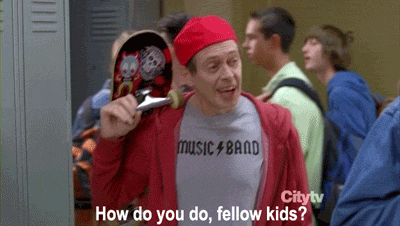
Ultimately, it’s probably a good thing that testmakers are trying to include questions that are approachable for students, to lure them toward deeper interest in topics they might otherwise find dull or distant. A single question on a single test is probably not an indication of a broader trend — of our culture is shearing off valuable education about “important figures who are older,” in favor of reaffirming students’ existing interests in pop culture and their Instagram feeds.
The fact that it feels weird to imagine Taylor Swift’s name on a standardized test about US government and politics probably has more to do with being an increasingly old person. It’s probably just a “kids these days” and “things were just fine the way they were back in my day” kind of take.
On the other hand, the idea of giving young Swifties a testing advantage that could encourage an interest in politics and propel them to future seats of power within our government is truly terrifying. God help us all…
- Taylor Swift Tries to Cash in on LGBTQ+ Fan Base – Popdust ›
- Taylor Swift shares views on politics, endorsing a democrat – Popdust ›






